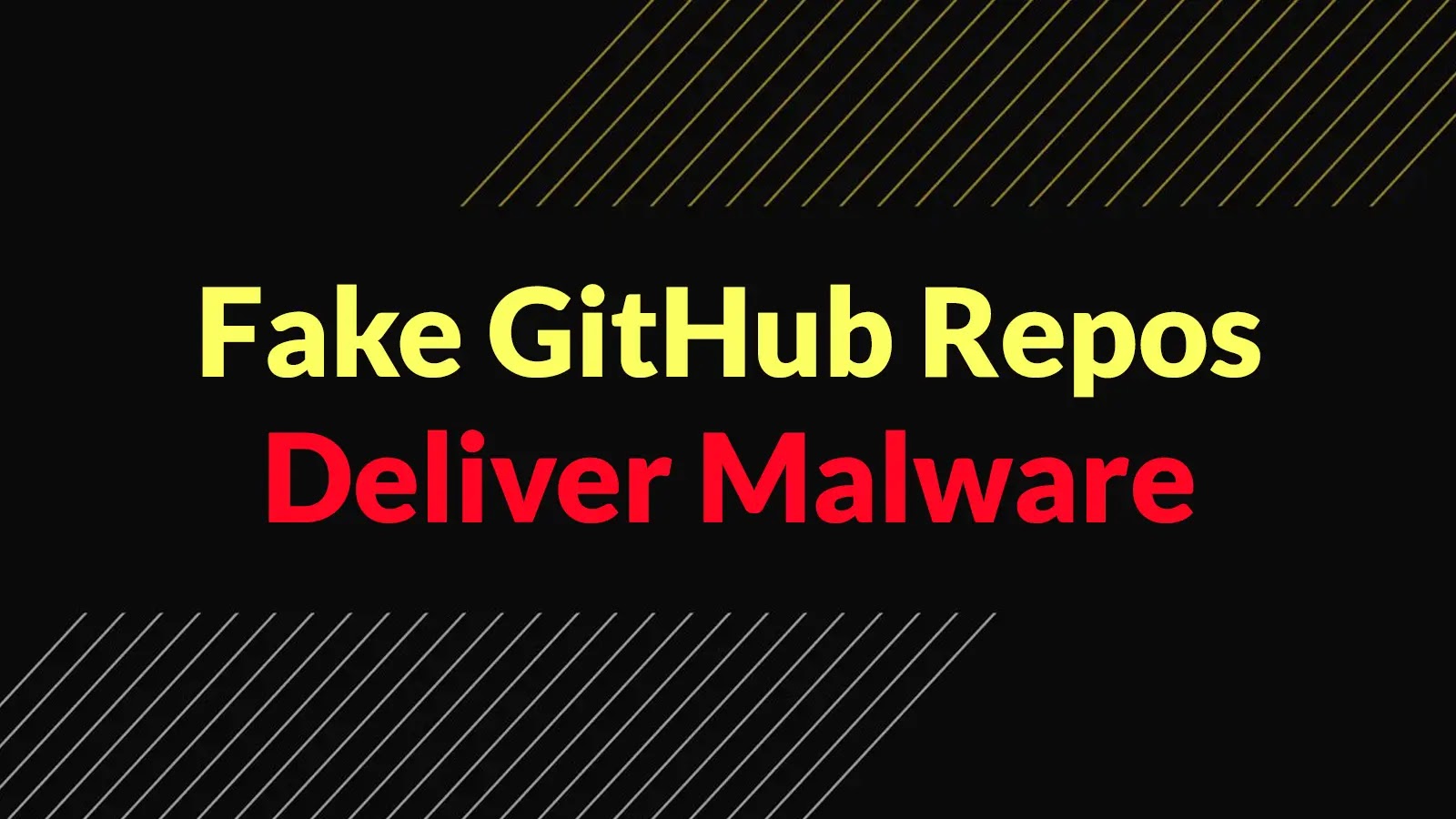In recent weeks, cybersecurity experts have identified a surge in malicious repositories on GitHub that impersonate well-known security and financial software projects, including Malwarebytes, LastPass, Citibank, and SentinelOne. These deceptive repositories contain trojanized installers and scripts designed to deliver stealthy malware payloads to unsuspecting users.
Exploitation of Open Source Trust
Threat actors are exploiting the inherent trust developers place in open-source platforms by creating convincing forks of legitimate projects. These malicious repositories often feature cloned logos, README files, and release notes to appear authentic. The campaign, which began in late August 2025, has rapidly spread through GitHub’s trending and search features, increasing its visibility and potential impact.
Infection Mechanism
The primary infection vector involves a sophisticated PowerShell-based mechanism. When users clone these malicious repositories, they are typically instructed to execute a build script named `install.ps1`. This script appears to perform routine setup tasks but actually contains obfuscated code that decodes a Base64 payload and executes it in memory.
The executed assembly, a variant of the SilentRunner loader, targets legitimate Windows processes such as `svchost.exe` and employs process hollowing techniques to evade detection. The malware then establishes persistence by creating registry run keys, ensuring it remains active on the infected system.
Stealthy Data Exfiltration
Once installed, the malware operates without visible alerts or installation failures, allowing it to stealthily harvest system information and credentials. It then deploys secondary modules to further its malicious objectives. This dual impact poses significant risks: organizations face data exfiltration threats, while individual users are vulnerable to credential theft and potential account takeovers.
Implications for Open Source Security
This campaign highlights a concerning trend: the weaponization of open-source collaboration platforms. The ease with which attackers can replicate vendor identities on GitHub underscores the need for stronger verification measures within developer communities.
Recommendations for Developers and Organizations
To mitigate the risks associated with this type of attack, developers and organizations should:
– Verify Repository Authenticity: Before cloning or downloading any repository, confirm its legitimacy by checking the account’s history, the number of contributors, and user reviews.
– Implement Automated Scanning Tools: Incorporate automated tools into Continuous Integration/Continuous Deployment (CI/CD) pipelines to detect suspicious scripts and remote downloads.
– Enhance Code Review Processes: Elevate scrutiny of code origin and integrity, especially when dealing with repositories that claim to be forks of popular projects.
– Educate Teams on Social Engineering Tactics: Provide training to recognize and respond to social engineering attempts that may accompany such malicious campaigns.
Conclusion
The recent surge in malicious GitHub repositories impersonating reputable software projects serves as a stark reminder of the evolving tactics employed by cybercriminals. By exploiting the trust inherent in open-source platforms, these actors can distribute malware effectively and stealthily. It is imperative for developers and organizations to adopt robust security measures, verify the authenticity of code sources, and remain vigilant against such deceptive practices to safeguard their systems and data.



